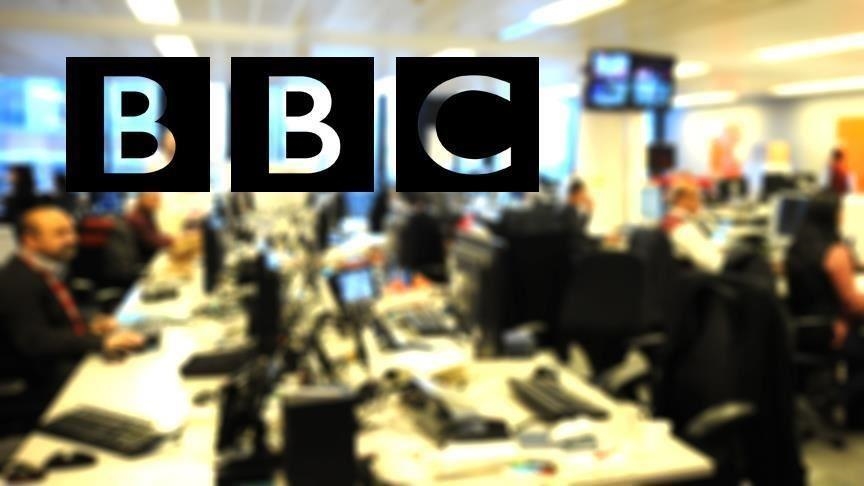
LONDON
Britain's BBC responded on Friday to calls for reform in its ranks, acknowledging shortfalls in diversifying its staff but failing to apologize for an allegedly hostile interview with the new head of a leading Muslim organization.
In response to an open letter signed by more than 100 public figures, the broadcaster's Director-General Tim Davie, said in a statement that it was among the BBC's key priorities to improve staff representation and fulfil its duty to "reflect the whole of the UK" in its staff and programs, a task he said was "vitally important."
"I want to assure you that improving the representation of our staff is a key priority for me and my executive team. We have more work to do but we are determined to get there. Only last week we launched our staff diversity census, which will give our staff an opportunity to update their diversity data, including on religion," Davie said
Davie, however, failed to offer an apology for an interview in its Woman’s Hour segment, in which interviewer Emma Barnet was accused in the letter of being "strikingly hostile" to the new head of the Muslim Council of Britain, Zara Mohammed.
Instead, Davie supported a statement released by the program and has called on the letter's authors to meet with senior officials within the BBC to discuss the issues of concern raised in the letter.
Although acknowledging low levels of Muslim representation in the BBC, which is lower than the national average, Davie said Muslim representation "is not as low as you suggest" and that the "latest figures, which are not complete, suggest that just over 2.5% of the workforce identify as Muslim."
Yassmin Abdel-Magied, one of the organizers of the open letter, accused the director of failing to understand the concerns raised in the publication as it highlighted shortfalls in the BBC Studios TV and radio production, as opposed to the corporation as a whole.
"It is frustrating that the BBC is using statistics regarding Muslim employees for the whole of the corporation, as opposed to what we highlighted specifically at BBC Studios TV and radio production. This includes the production of Woman's Hour. Muslim representation in this crucial area of programming is negligible and requires urgent addressing both at staff and leadership levels," Abdel-Magied said.
"It is also unfortunate that they have failed to engage with the specifics of our concerns over the content of the interview. However, we look forward to discussing these issues further and welcome a constructive conversation with both the director-general and senior executives at the BBC about these important issues," she added.
The head of the Muslim Council of Britain was interviewed on Feb. 4 in Woman's Hour, where she was repeatedly asked on the number of female imams in the UK.
The program was criticized in the open letter for re-enforcing dangerous and damaging stereotypes of British Muslim women and of Islam in general.
Among the signatories of the letter, published on Feb. 11, were members of parliament from across the political divide.
Anadolu Agency website contains only a portion of the news stories offered to subscribers in the AA News Broadcasting System (HAS), and in summarized form. Please contact us for subscription options.

